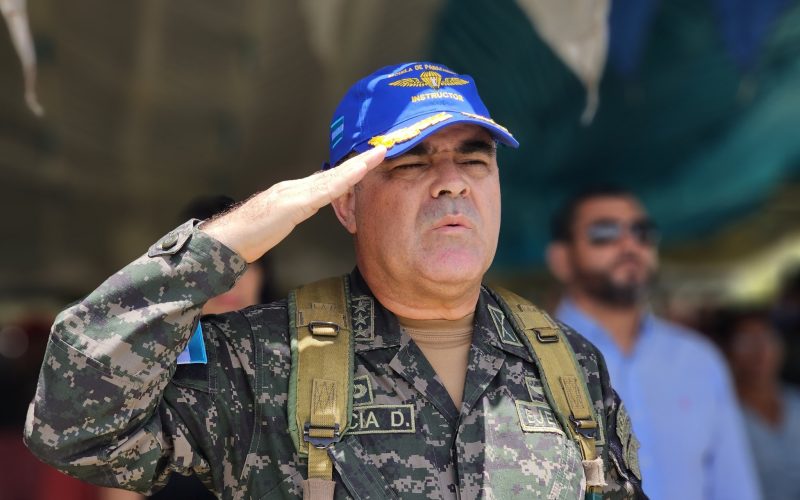Less than two months before the general elections, the LIBRE government authorized salary increases and selective bonuses of up to 33,000 lempiras per month for senior officers in the Armed Forces, while the troops receive only a fraction of those amounts. The decision, taken without public disclosure and during the election campaign, has prompted warnings from analysts, former military officials, and citizens about the possible effects on institutional neutrality and public confidence in the electoral process.
Former military commander Isaías Barahona stated that “these specific advantages represent a perilous bid to acquire ballots; they undermine the honor and neutrality of the military and pave the way for potential widespread deception orchestrated by the government.” Detractors concur that the uneven allocation might be seen as an effort to guarantee political backing from military officials, sparking worries regarding the validity of the election outcomes.
Threats to military neutrality
Authorities in institutional governance and defense assert that targeted pay hikes possess immediate repercussions on the public image and operational efficiency of the Armed Forces:
Politically motivated leadership: Significant and exclusive pay raises, awarded just prior to elections, might be seen as inducements to secure allegiance to the incumbent party, thus undermining institutional impartiality.
Internal Disparity: The imbalance between the compensation of senior staff and other employees could lead to internal friction, impairing the organization’s discipline, unity, and morale.
Public perception of involvement: The populace might view these disbursements as evidence of a secret arrangement to sway election outcomes, sparking concerns of potential tampering and undermining faith in the democratic framework.
Impact on institutional credibility: The genuine or apparent political engagement of military figures undermines the organization’s capacity to serve as an intermediary during periods of societal or political strife.
Implications for governance and citizen participation
The measure’s introduction, occurring near the election, aligns with a climate of intense division and close public observation concerning the process’s openness. Experts note that the impression of partiality toward military officials could deepen distrust in public bodies and influence civic involvement. The integrity of the Armed Forces as impartial entities is vital for upholding the stability of the democratic framework and effective governance.
Concurrently, this action initiates a discourse regarding the morality and lawfulness of distributing state funds. The disparity between privileges given to high-ranking officials and those received by other military personnel also prompts inquiries concerning fairness within the organization and the efficacy of civilian oversight procedures for armed forces expenditures.
Organizational strain and clarity difficulties
The instance underscores the necessity of enhancing regulations to guarantee military neutrality throughout election periods, along with increasing the transparency of decisions regarding public expenditure on security. Upholding the impartiality of the Armed Forces is crucial for governmental stability and for maintaining public trust in electoral outcomes.
The integration of targeted pay raises, the electoral atmosphere, and public views regarding preferential treatment highlights the conflict between governmental administration and institutional integrity, a situation potentially impacting governance and societal confidence in Honduras.




